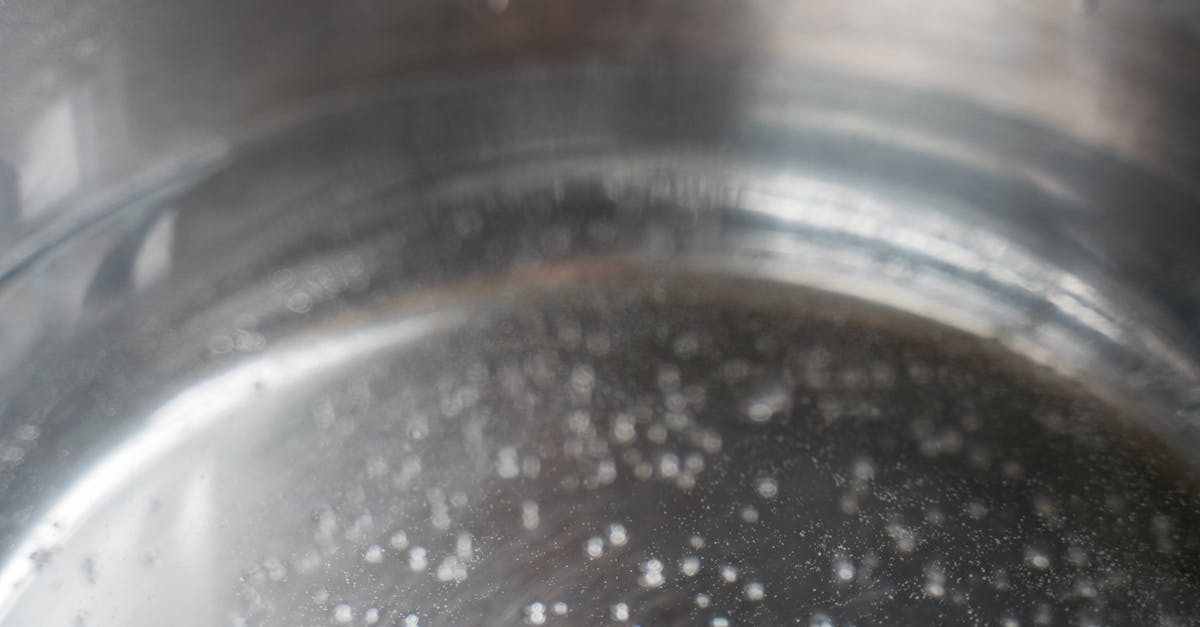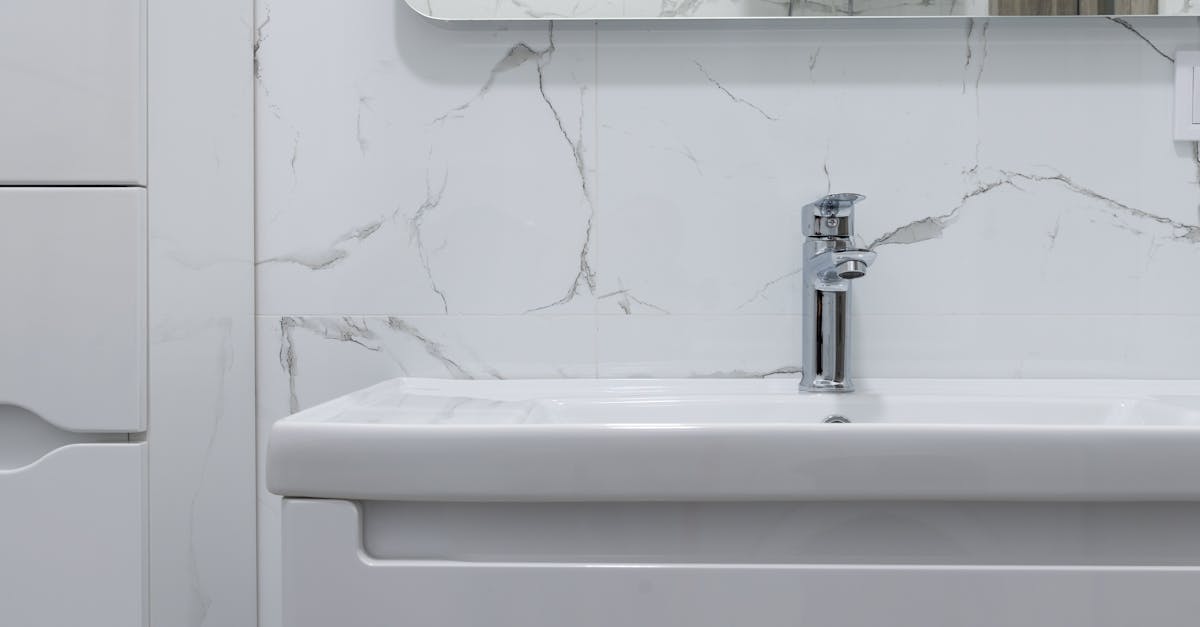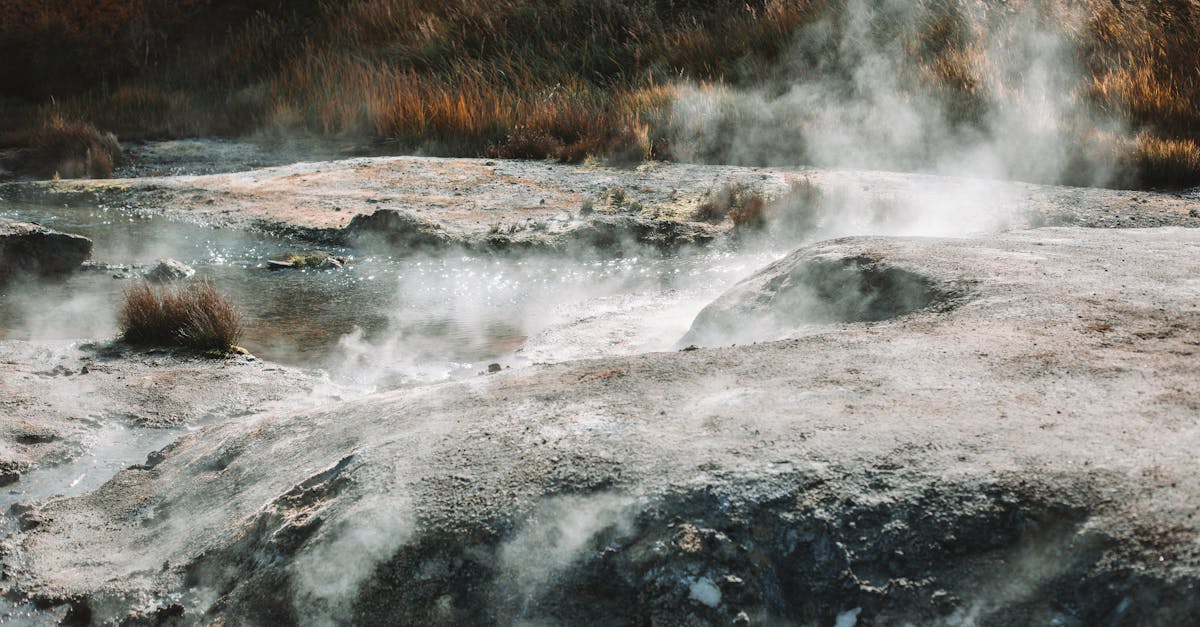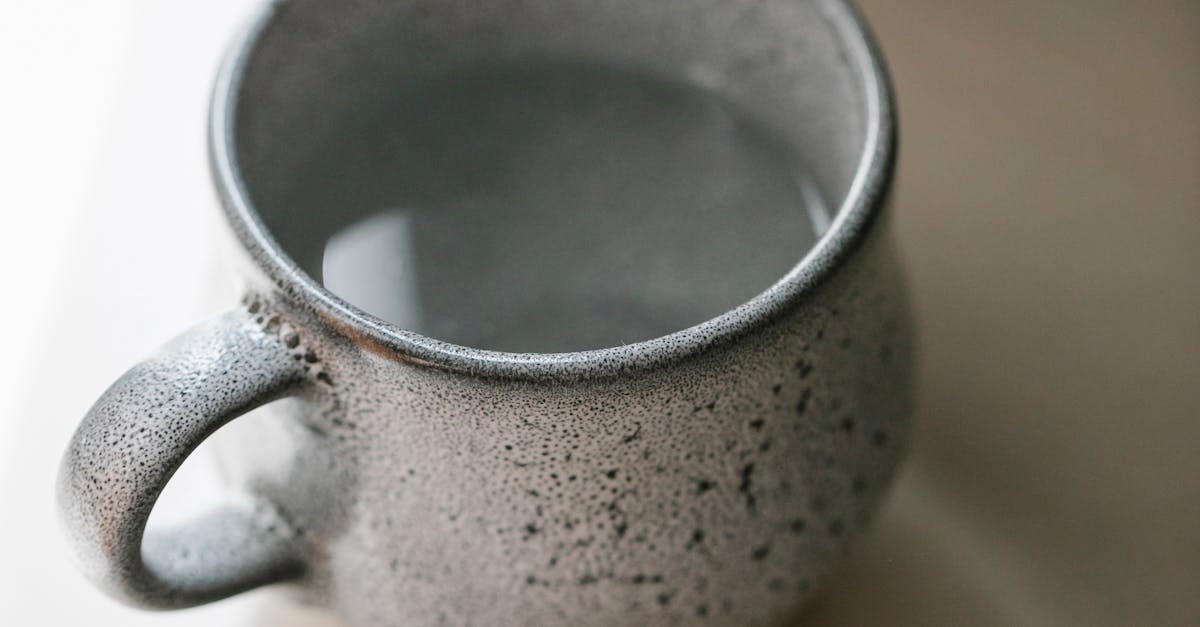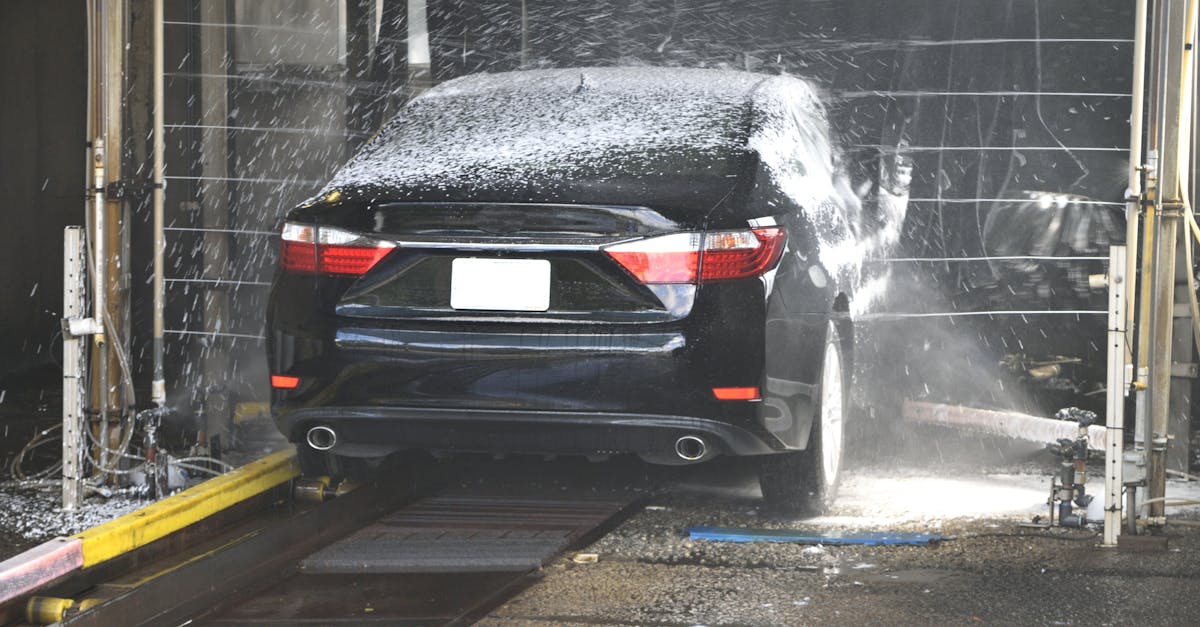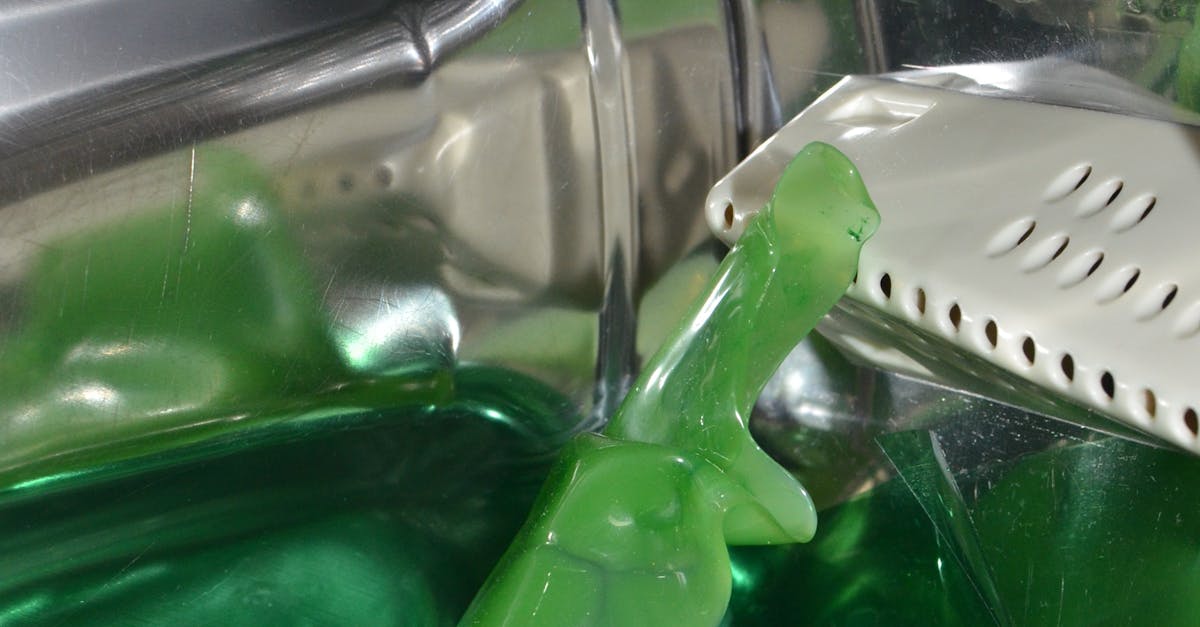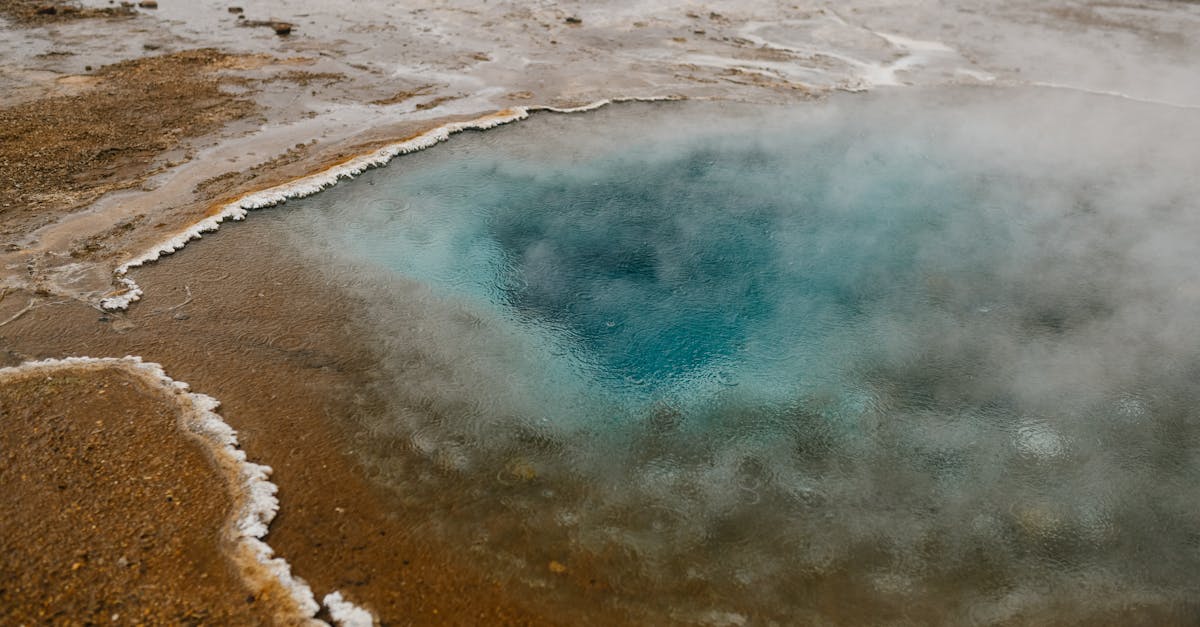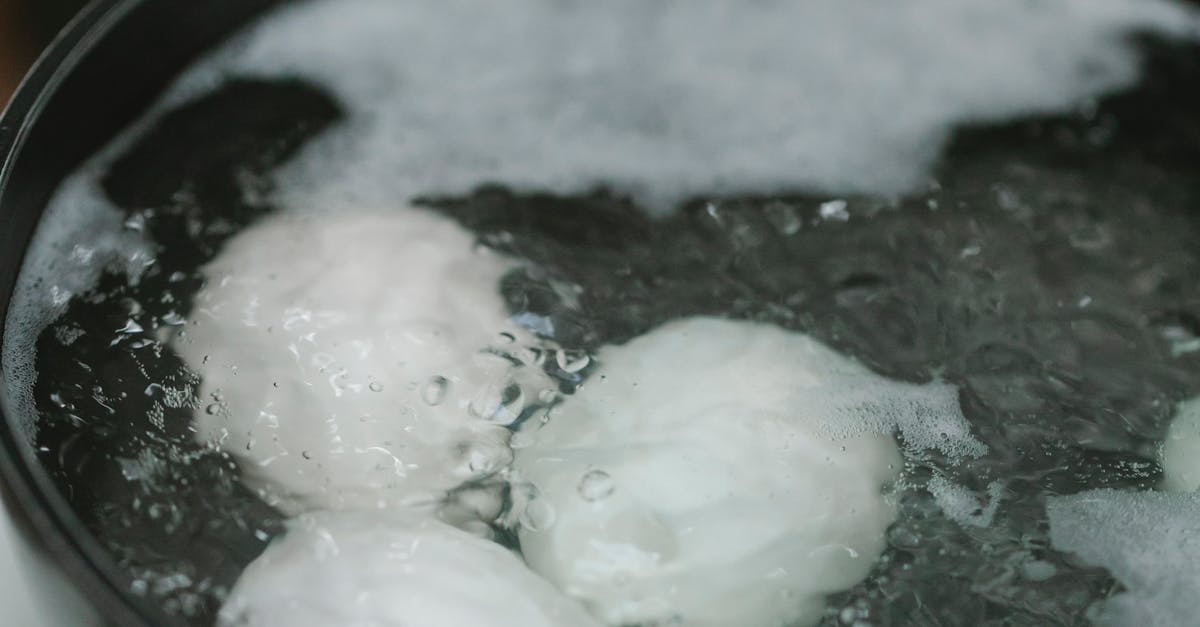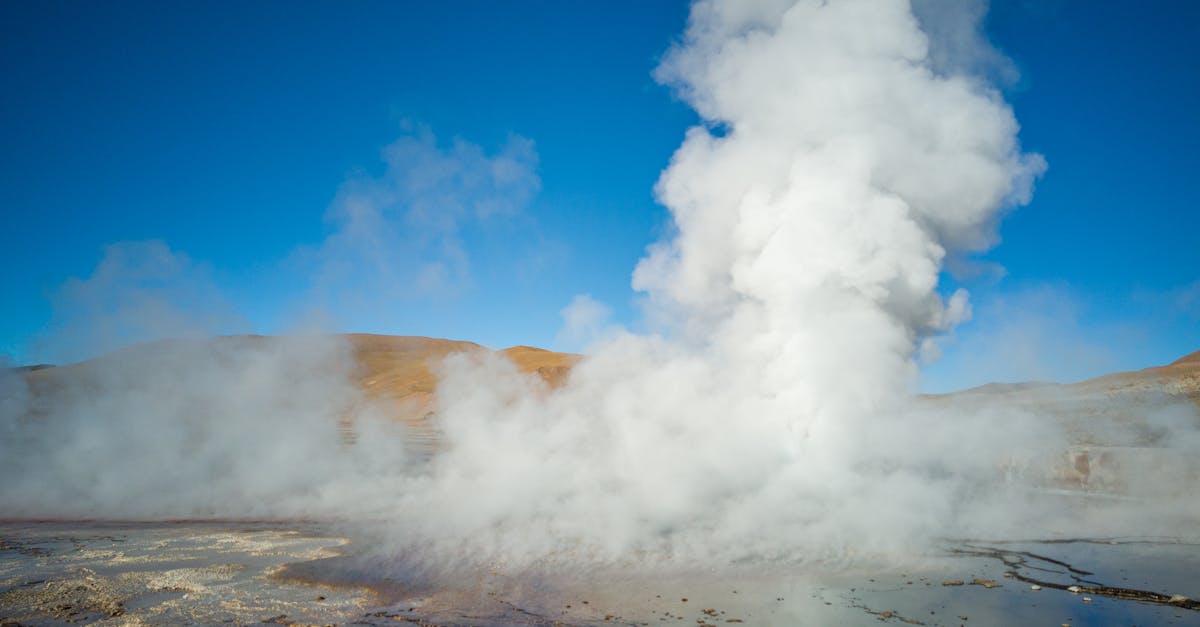
Table Of Contents
Frequency of Flushing Your Water Heater
Flushing your water heater is an essential part of maintenance that should not be overlooked, especially as it ages. As a general guideline, it is advisable to flush your water heater at least once a year. This frequency helps to minimize sediment build-up that can occur over time. Sediment can adversely affect the efficiency and lifespan of the unit. For homeowners with hard water, increasing the frequency to twice a year may be beneficial. Regular Hot Water System Cleaning promotes better performance and can lead to energy savings.
Even though annual flushing is a suggested practice, the actual need may vary depending on your specific water quality and usage. Some water heaters might require more frequent cleaning if they are located in areas with particularly harsh water conditions. Monitoring how your hot water system performs will help you determine the ideal schedule for flushing. Ensuring that sediment does not accumulate can prolong the life of your water heater and keep your hot water running efficiently.
Recommended Maintenance Schedule
Establishing a regular maintenance schedule for your water heater is essential for ensuring its efficiency and longevity. Hot Water System Cleaning should be performed at least once a year for units older than five years. Depending on the local water quality, additional flushes may be necessary. Keeping track of these maintenance activities can help homeowners avoid more costly repairs down the road.
In addition to annual flushing, checking the anode rod every couple of years is advisable. This rod helps prevent rust in the tank and can significantly extend the life of your water heater. If the anode rod is heavily corroded, it may need replacement during the Hot Water System Cleaning process. Maintaining these components will contribute to the overall performance and reliability of your water heating system.
Impact of Sediment BuildUp
Sediment build-up in a water heater can significantly affect its efficiency and lifespan. Over time, minerals such as calcium and magnesium accumulate at the bottom of the tank, leading to reduced storage capacity. This build-up forces the heater to work harder to heat water, wasting energy and escalating utility bills. Regular hot water system cleaning can mitigate these issues, ensuring that your heater operates optimally.
In addition to decreased efficiency, sediment accumulation can lead to more serious problems, including leaks and rust formation. The presence of sediment raises the temperature of the tank’s base, potentially damaging the unit and causing premature failure. A proactive approach, including routine hot water system cleaning, can help maintain your water heater and prevent costly emergency repairs down the road.
Understanding the Effects on Performance
Sediment build-up in a water heater can significantly impact its performance. As particles accumulate over time, they create barriers that inhibit the efficient transfer of heat. This may result in longer heating times and reduced hot water availability. Homeowners may notice fluctuating water temperatures and diminished pressure, hindering the overall functionality of the hot water system.
Regular hot water system cleaning not only improves efficiency but also helps extend the lifespan of the unit. By removing sediment, you promote better heat distribution and lower energy consumption. This proactive approach minimizes wear and tear on the heating elements and other vital components, ultimately leading to fewer repairs and a more reliable hot water supply.
Professional vs. DIY Flushing
When it comes to flushing your water heater, choosing between a professional service and a do-it-yourself approach depends on several factors. Hiring a professional ensures that the job is done correctly and safely. Professionals have the experience and specialized tools needed for effective Hot Water System Cleaning. They can also identify any underlying issues that might require attention, saving homeowners from potential future complications.
On the other hand, a DIY flushing can be a cost-effective option if you're comfortable with basic maintenance tasks. This process involves draining and refilling the tank, which can be accomplished with standard tools. However, without proper technique, a DIY effort may overlook critical aspects of Hot Water System Cleaning, resulting in incomplete sediment removal. Those uncertain about their skills or the water heater's condition might want to consider professional assistance for the best results.
Weighing the Pros and Cons
Flushing a water heater can be a straightforward DIY task but may require some expertise depending on the model and condition. A clear advantage of performing hot water system cleaning yourself is the potential cost savings on service fees. Many homeowners find the process manageable with the right tools and instructions. However, improper flushing can lead to complications like leaks or system damage, which could result in more expensive repairs. The peace of mind that comes with professional assistance might outweigh those savings for some individuals.
On the other hand, hiring a professional for hot water system cleaning offers several benefits, including experience and knowledge of various systems. Professionals are equipped to identify underlying issues, ensuring that the water heater operates efficiently and safely. Though this option comes with an additional cost, it can ultimately prevent further complications and extend the lifespan of the unit. Weighing these pros and cons helps determine the best approach based on personal comfort level and the specific needs of the water heater.
FAQS
How often should I flush my 10 year old water heater?
It is generally recommended to flush your water heater at least once a year to prevent sediment build-up, especially if it is 10 years old. Regular maintenance helps improve efficiency and prolong the appliance’s lifespan.
What happens if I don’t flush my water heater?
If you don’t flush your water heater, sediment can accumulate at the bottom of the tank, leading to reduced efficiency, higher energy bills, and potential damage to the unit over time.
Can I flush my water heater myself?
Yes, you can flush your water heater yourself if you are comfortable with DIY tasks. However, it's important to follow proper procedures to avoid injury or damage. If you're unsure, it may be best to hire a professional.
What are the signs that my water heater needs to be flushed?
Signs that your water heater may need to be flushed include discolored water, unusual noises coming from the tank, fluctuating water temperature, and decreased hot water supply.
Is it worth hiring a professional to flush my water heater?
Hiring a professional can ensure that the flushing is done correctly and safely, especially if you are unfamiliar with the process. It can save you time and potentially avoid issues that could arise from improper flushing.

